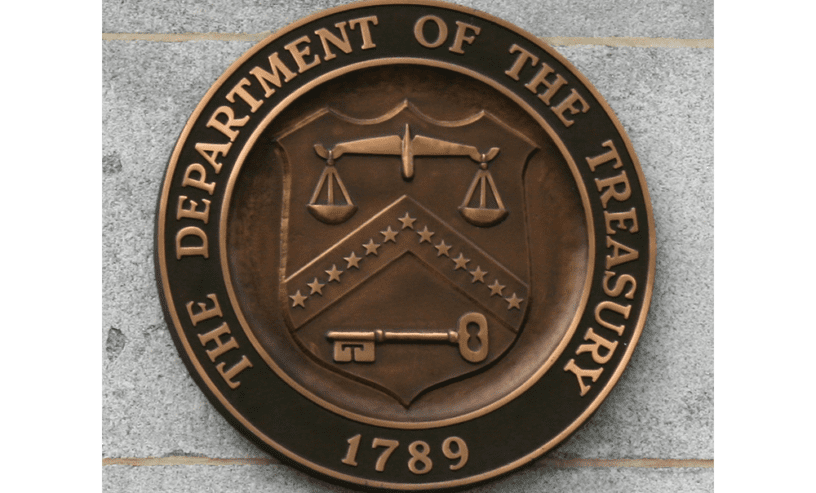By Dan Byrne for AMLi
America’s financial crime watchdog is seeking submissions ahead of a planned revamp of AML rules.
The Financial Crimes Enforcement Network (FinCEN) – an office within the US Department of the Treasury – is planning an overhaul of its laws around money laundering to “enhance the effectiveness and efficiency of anti-money laundering programs.”
According to a FinCEN statement released Wednesday, the body is planning to change AML regulation so that all financial institutions will be required to maintain an “effective and reasonably designed anti-money laundering program.”
Essentially, this would take many already-common AML practices within financial institutions and make them into national law.
FinCEN is seeking commentary from relevant stakeholders on how it may work in practice. This includes the financial sector, law enforcement, regulators and any other interested parties.
Of particular importance to FinCEN is their proposal to produce a specific definition of what “effective and reasonably designed” actually means. The body advised that this currently has no concrete definition in any American legislation.
“A clear definition of “effectiveness” would allow financial institutions to more efficiently allocate resources and would impose minimal additional burden on existing AML programs,” FinCEN said.
On the back of this, they are proposing a definition of an effective AML program based on three principles:
- One that “identifies, assesses and reasonably mitigates the risks resulting from illicit financial activity”
- One that assures and monitors compliance with current record-keeping and reporting legislation.
- One that provides highly useful information to government investigative authorities when needed.
With risk-assessment being a key component in organisational AML efforts, FinCEN is also seeking comments on their goal of adapting it into law.
They are proposing to make risk-assessment a legal requirement, to demand that organisations “consider and integrate national AML priorities” into risk-assessment, and to “manage and mitigate” any risks they find by taking Strategic AML priorities into consideration – and they are asking for feedback on all of these points.
Another question asks how any new regulations would apply to specific organisations and industries and whether there are other factors they should consider in this regard.
The body wonders if different regulations should apply to organisations of different sizes, or with differing levels of complexities in their operations.
The relevant laws for AML in the United States are largely contained in the Bank Secrecy Act (BSA) of 1970. It requires financial institutions to assist the federal government in detecting and preventing money laundering.
It has been amended through the years.
FinCEN recognises that the threats associated with AML, such as money laundering and terrorist financing, have evolved considerably since 1970.
They have “undertaken recent initiatives that collectively re-examine the BSA regulatory framework and the broader AML regime,” of which this call for submissions forms part.
Stakeholders have until 16th November to comment on the proposals.
Share this on:
Follow us on:








